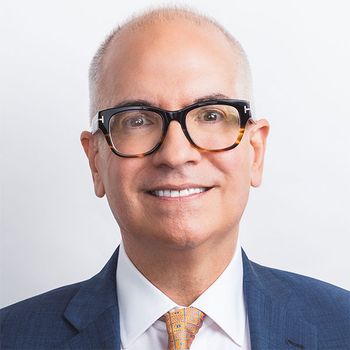
Tavapadon's phase 3 success complements ongoing monotherapy trials, addressing the need for effective and well-tolerated PD therapies.

Tavapadon's phase 3 success complements ongoing monotherapy trials, addressing the need for effective and well-tolerated PD therapies.

The research grant aims to diversify Friedreich ataxia treatments, addressing challenges in trial design and therapeutic strategies for this condition.
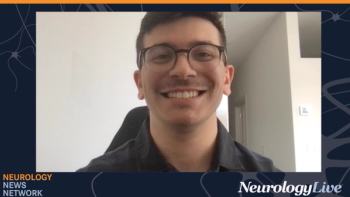
Neurology News Network. for the week ending April 20, 2024. [WATCH TIME: 3 minutes]

Take 5 minutes to catch up on NeurologyLive®'s highlights from the week ending April 19, 2024.

Patients experienced improvements in ON/OFF time and motor function, with favorable tolerability, paving the way for a phase 2 trial.
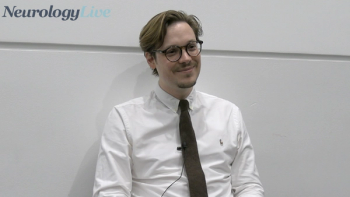
The instructor in neurology at Brigham and Women's Hospital talked about research exploring takotsubo syndrome, a heart condition often triggered by emotional or physical stressors, and its relationship with brain lesions. [WATCH TIME: 5 minutes]

Neal K. Shah, CEO of CareYaya Health Technologies, an AI innovator in neurological care, discussed how technology is poised to transform the fight against Parkinson, with the potential to improve millions of lives and advance health equity.

Mind Moments®, a podcast from NeurologyLive®, brings you an interview with Ian Kremer. [LISTEN TIME: 35 minutes]
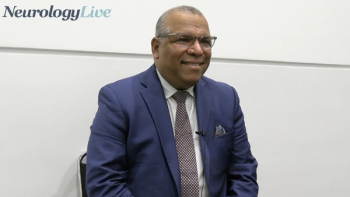
The chief of the Division of MS and Neuroimmunology at UConn Health talked about the unevenly distributed progress in multiple sclerosis care, impacting minority populations who often face worse disease outcomes. [WATCH TIME: 6 minutes]

Paula Emanuela Voinescu, MD, PhD, director of the Women's Epilepsy Program at Brigham and Women's Hospital, talked about the influence of sex hormones on maternal outcomes in pregnant women with epilepsy treated with antiseizure medication.
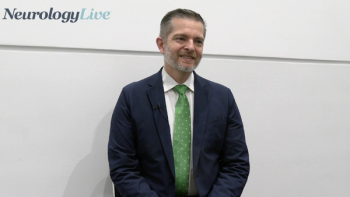
The assistant professor of neurosurgery and biomedical informatics at the State University of New York at Buffalo talked about the potential of embolizing the middle meningeal artery in patients with subdural hematomas. [WATCH TIME: 4 minutes]

Across 2, phase 3 studies, fremanezumab provided significant effects on monthly migraine days, regardless of whether patients were obese or not.

Even when combining both adult and pediatric patients, diazepam nasal spray administered within 5 minutes of a seizure led to quicker seizure termination.
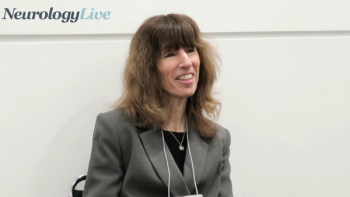
The assistant professor of neurology at Harvard Medical School talked about integrative therapies that may offer promising alternatives to traditional treatments for aiding neurological conditions. [WATCH TIME: 5 minutes]

Kate Labiner, MD, a pediatric epileptologist at Child Neurology Consultants of Austin, talked about the potential of cenobamate in pediatric patients with refractory focal epilepsy who have failed multiple medications.
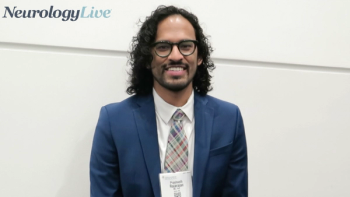
The neurology resident at Massachusetts General Brigham talked about assessing the safety of cancer treatments in patients with multiple sclerosis using checkpoint inhibitors. [WATCH TIME: 6 minutes]
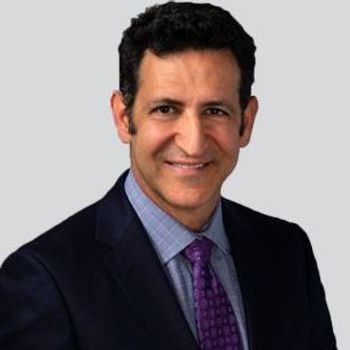
Investigators found no trends in amyloid-imaging abnormality rates based on centile tertile levels for lecanemab-treated patients.
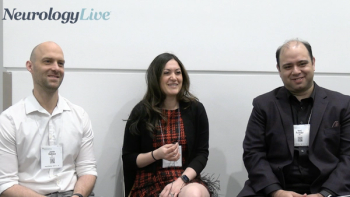
A trio of experts from university hospitals discussed a study that aimed to uncover the prevalence and associations of limb swelling in patients with Dravet syndrome in hopes of improving care. [WATCH TIME: 5 minutes]

Patients treated with ALZ-801 showed improvements in cognition, reduced brain atrophy, and maintained dementia rating stages.

An analysis of a phase 3 trial of low sodium oxybate in patients with idiopathic hypersomnia identified a minimal clinically important difference in the visual analog scale for sleep inertia.
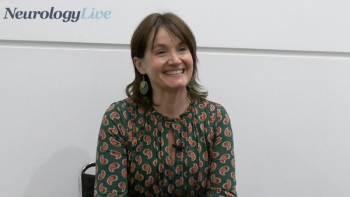
The associate professor of neurology at University of California, San Francisco talked about findings from an analysis that assessed the safety of ocrelizumab when administered close to pregnancy. [WATCH TIME: 5 minutes]

A phase 3b study showed that switching from intravenous C5 inhibitors to subcutaneous zilucoplan in patients with myasthenia gravis was associated with symptom improvement at 12 weeks.

Over 2, phase 3 studies, brexpiprazole-treated patients demonstrated greater response rates across various levels on the Cohen-Mansfield Agitation Index and Clinical Impression Scale-Improvement assessment.

Combination of atogepant and ubrogepant resulted in minimal adverse events, and were safe and well-tolerated over a 12-week period.
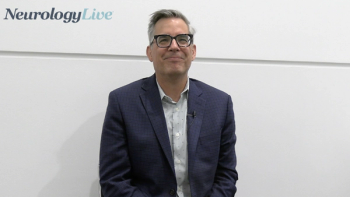
The executive vice president of research at National MS Society talked about the Dystel Prize which is presented at AAN to a recognized individual who promotes further advancements in understanding and treating MS. [WATCH TIME: 3 minutes]

Results showed consistent reductions in monthly migraine days over 48 weeks, with a favorable safety profile observed.
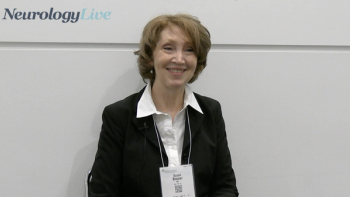
The medical director of the Weill Cornell Medicine Headache Program discussed key essential knowledge on the diagnosis, treatment, and pathophysiology of different headache types. [WATCH TIME: 6 minutes]

Here's some of what is coming soon to NeurologyLive® this week.
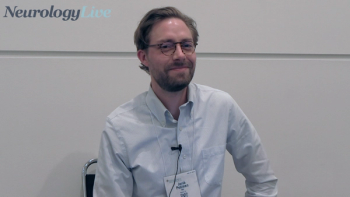
The assistant professor of neurology at University of Colorado School of Medicine discussed findings on the impact of cenobamate on hospital visits and emergency care for patients with drug-resistant epilepsy following surgery. [WATCH TIME: 3 minutes]
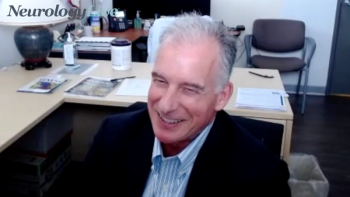
The director of the Allegheny Multiple Sclerosis Treatment Center at Allegheny General Hospital discussed exploring the potential role of BTK inhibitors and advanced MRI techniques to address smoldering multiple sclerosis. [WATCH TIME: 10 minutes]